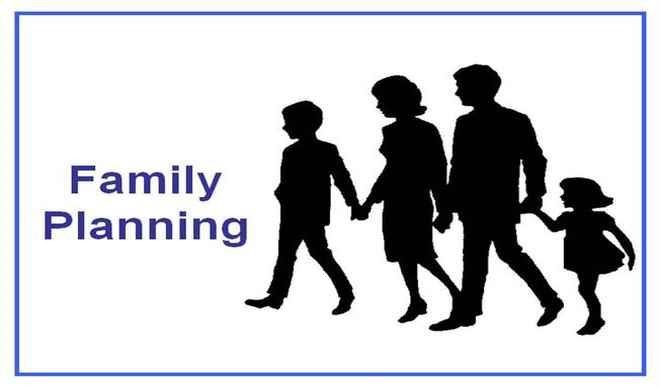Women‘s Integrated Services for Health (WISH), an international women reproductive health advocacy group has called on the federal and states government to prioritise funding of family planning services for enhanced health and economic dividends.
The National Sustainability Lead, WISH, Dr Michael Olawuyi who made the call in Kano at a media briefing stressed that prioritizing family planning has the potential to optimize the country’s population age structure such that the working population is more than the dependent population which translates to increased productivity and economic growth.
- Why commitment to family planning should be improved – Expert
- Lockdown forces women to embrace family planning in Niger
He described the services as an antidote to maternal death which is currently one of the development concerns in the country.
Olawuyi revealed that Nigeria accounts for 20 percent of global maternal mortality rate, identifying Jigawa state as one of the worst hit states in the country where 1012 women die every year out of every 100, 000 from child-birth complication due to lack of access to quality reproductive healthcare services.
He identified three key drivers of maternal mortality, including unwanted pregnancy, unsafe abortion and high fertility rate.
According to him, “Nigeria currently has an average total fertility rate of 5.3 per woman, and states like Jigawa has a total fertility rate of 8.5, meaning that women give birth to an average of 8.5 children in Jigawa state.
“Family planning can prevent unwanted pregnancy thus obviating unsafe abortions and high fertility rates. This is the way maternal deaths could be reduced drastically” he said.
He argued that by reducing unwanted pregnancies, family planning can save costs associated with maternal and child care such as ante-natal care, delivery, post-natal care and immunization against childhood illnesses, emphasizing that for every $1 spent on family planning, about $2 is saved.
Olawuyi lamented the shortfall in the budgetary allocation on family planning by Jigawa state government, saying although the state created a budget line for family planning in the 2020 budget, “only N10m was allocated compared to an annual N593m required according to Jigawa family planning costed implementation plan.”
He said due to lack of adequate funding by the government at both federal and state levels, family planning services are mostly financed through donor funded programmes and out of pocket payments by individuals, thus reducing access among those who want to prevent or delay pregnancies.

 Join Daily Trust WhatsApp Community For Quick Access To News and Happenings Around You.
Join Daily Trust WhatsApp Community For Quick Access To News and Happenings Around You.

